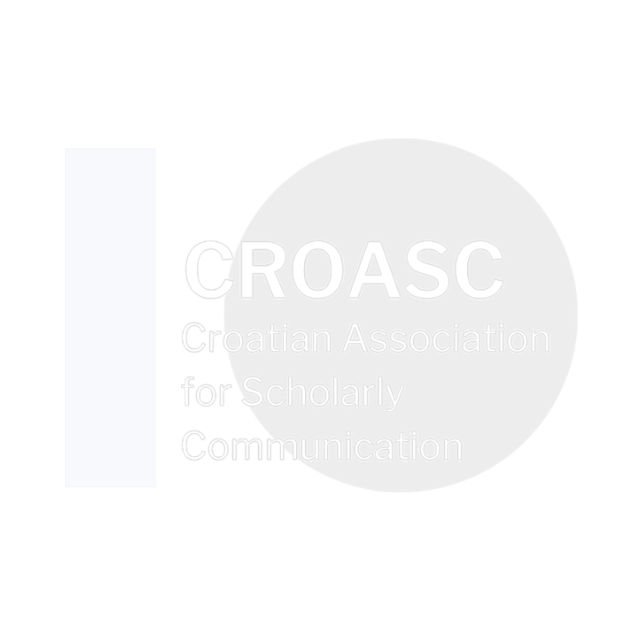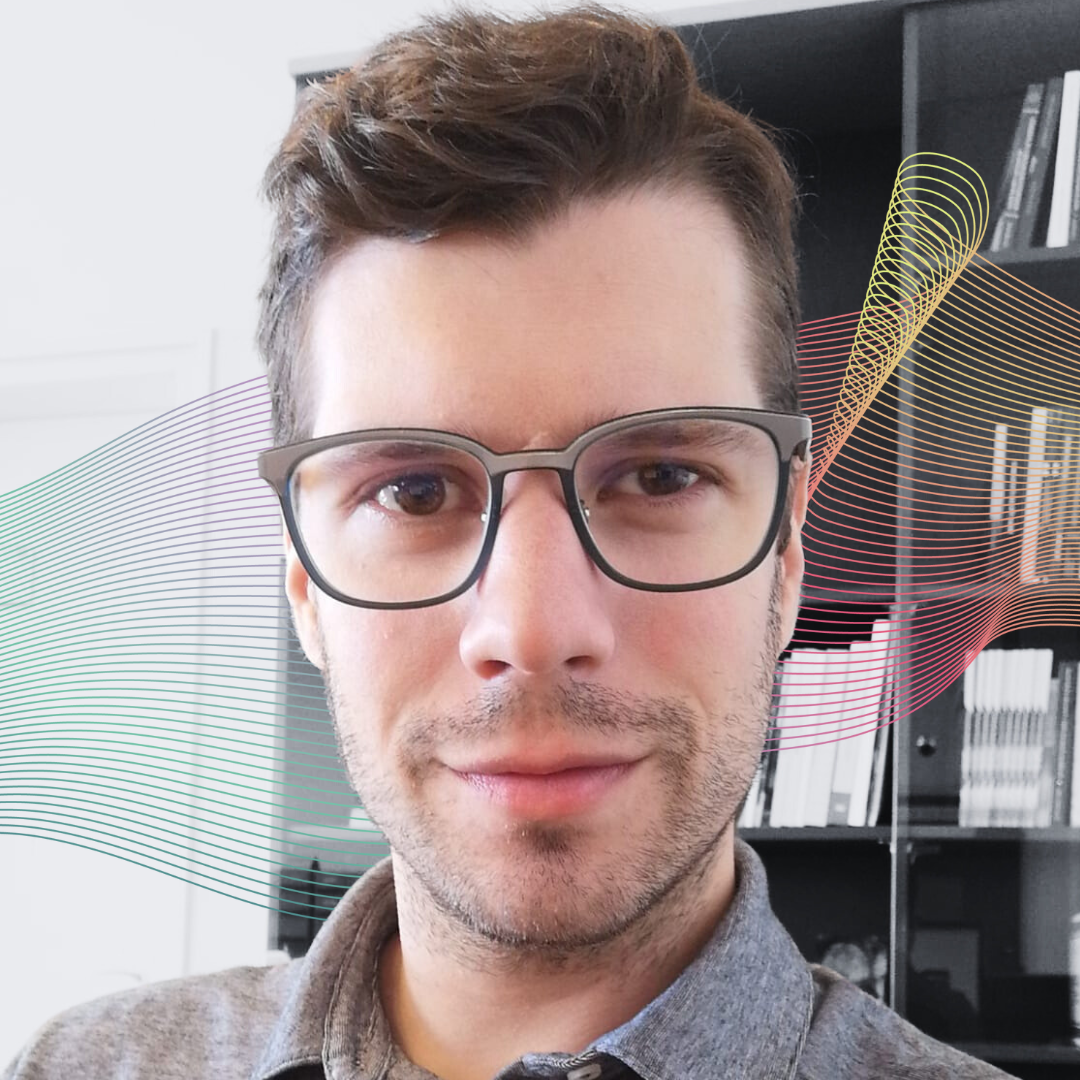
Danijel Mofardin

Jadranka Stojanovski
Diamond Open Access Landscape in Croatia - Preliminary DIAMAS Survey Results
Danijel Mofardin, Jadranka Stojanovski
14 September 2023
Session 3 ‣ Poster session
14:30 -15:30
Open access scholarly publishing is a diverse realm, involving numerous stakeholders and various organizational models (Fuchs and Sandoval, 2013). However, one facet that has often been overlooked is the publishing activities carried out by scientific institutions themselves. Since these institutional initiatives play a vital role in preserving the social, linguistic, cultural, and epistemological diversity within the European research landscape, the primary objective of the Horizon Europe project, “Developing Institutional Open Access Publishing Models to Advance Scholarly Communication” (DIAMAS), is to establish a unified European standard for the currently fragmented institutional publishing landscape (Mounier and Aspaas, 2023). This initiative aims to enhance efficiency, quality, and the overall practices of publishing activities and services across the European Research Area (ERA).
The DIAMAS survey targeted 252 Institutional Publishing Service Providers (IPSPs) in Croatia and achieved a robust response rate of 77%. Half of Croatian IPSPs are affiliated with universities, faculties, and learned societies. IPSPs in Croatia primarily handle academic journals, academic books, and conference outputs. However, their services extend to encompass other research outputs, media, digital products, and non-academic content. On average, a Croatian IPSP publishes 1-5 scholarly journals, 11-100 scholarly articles, 1-10 academic books, and 1-20 conference proceedings annually. Multilingualism is a notable feature among IPSPs, with 82% practising multilingual publishing to engage wider audiences. Despite linguistic complexities and the need for human translators, the scientific community’s commitment to extensive outreach remains evident.
Croatia’s Commitment to Open Access
In Croatia, the academic publishing landscape is significantly shaped by universities and learned societies, staunch proponents of the non-profit model and early adopters of open access (OA). This dedication, supported by a national HRČAK platform hosting over 400 active OA journals and government subsidies, underscores Croatia’s unwavering commitment to unencumbered knowledge sharing. The country’s preference for not resorting to “article processing charges” reflects strong support for the diamond OA model.
While a comprehensive national OA/OS policy is still in progress in Croatia, support for OA exists through different national laws and strategies. The government mandates OA and inclusion in the HRČAK portal for subsidized journals and OA repositories for graduation and doctoral theses. 64% of respondents reference some form of OA/OS policy, indicating the integration of OA principles into scholarly publishing practices over decades.
Funding, Income Streams and Sustainability
Government subsidies from the Ministry of Science and Education and other ministries are the primary sources for scholarly journals, with the average IPSP budget below €10K. Voluntary efforts significantly influence Croatia’s IPSP landscape, with 53% of respondents relying on unpaid staff, accentuating the country’s unique and complex scholarly publishing ecosystem. The importance of voluntary work is underscored by IPSPs’ reliance on in-kind support from parent organizations in terms of facilities, IT services, and staff salaries.
Challenges to financial sustainability include the lack of funding continuity, irregularity, delays, and insufficient funding. Furthermore, changes in government funding eligibility without notice and price increases in printing and copy-editing pose challenges. Suggestions to address these issues include enhancing financial literacy, collaboration, and promotion of scholarly publishing.
Editorial Quality, Technical Services, Visibility, Metrics and Equity, Diversity, Inclusion, and Belonging (EDIB)
IPSPs actively participate in editorial management, with 71% involved in editorial board recruitment and other aspects. Regarding peer review, a double-anonymous peer review is preferred by 44%, followed by a single-anonymous peer review (15%). Some IPSPs have begun implementing open identities and open review reports.
IPSPs predominantly offer editorial services voluntarily or as in-kind contributions. In contrast, production and IT services are mostly outsourced. Technical challenges arise from financial constraints, lack of human resources, expertise, and technical limitations.
Croatian IPSPs aspire to have their journals indexed in WoSCC and Scopus databases. Other indexes such as DOAJ, DOAB, ERIH PLUS, PubMed, Google Scholar, Research Gate, Google Books, and OAPEN are also considered. While 44% of IPSPs are content with their current indexing status, some face challenges in meeting technical participation criteria.
IPSPs utilize metrics such as submissions, acceptance and publication dates, visits, views, downloads, and Journal Impact Factor. EDIB measures are prioritized, with the main measures being a code of conduct and non-discrimination policies. Accessibility standards are often unknown, and 64% of IPSPs do not have accessibility policies. Gender Equality Plans (GEP) are implemented by 25% of IPSPs.
In summary, the DIAMAS survey illuminates the intricate landscape of scholarly publishing in Croatia, revealing its commitment to diamond open access while highlighting challenges and opportunities for improvement.
